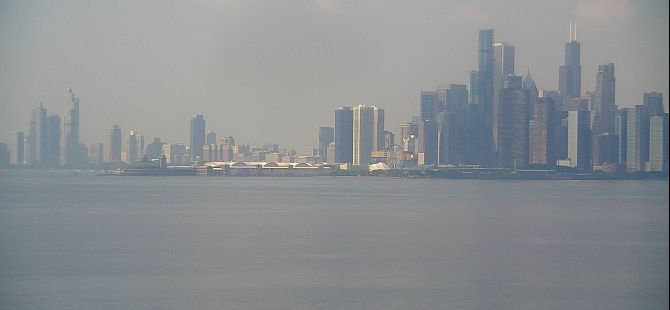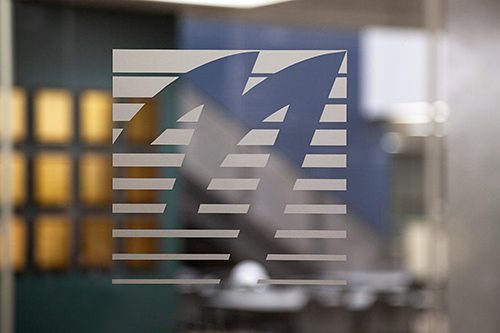Effective Sept. 23, 2019, the U.S. Environmental Protection Agency reclassified Chicago’s ozone nonattainment status from “moderate” to “serious.” Affected counties and townships in Illinois include Cook, DuPage, Kane, Lake, McHenry, Will, Aux Sable, Goose Lake, and Oswego.
The reclassification lowers the potential-to-emit (PTE) threshold for volatile organic materials (VOM) and nitrogen oxides (NOx) from the prior 100 tons per year down to 50 tons per year, pursuant to Section 39.5 of the Illinois Environmental Protection Act.
The Illinois EPA has initiated a process asking the federal EPA to redesignate the area’s status to “marginal,” based on 2019 monitoring values demonstrating attainment of the 2008 National Ambient Air Quality Standards (NAAQS). But the outcome is uncertain.
If the requested change does not occur, a site whose PTE for VOM or NOx is currently permitted for more than 50 tons/year must be classified as a major source under the Clean Air Act Permit Program (CAAPP), requiring a CAAPP permit application.
As an alternative, it is possible to apply for (or revise) a federally enforceable state operating permit (FESOP), if the site’s actual VOM and/or NOx emissions are below—and expected to stay below—the 50 tons/year threshold. The FESOP would contain federally enforceable limits that would restrict the emissions of a source (equipment) to keep them below the 50 tons/year threshold. Examples of limitations include reduced permitted run hours on equipment or designating a unit as standby that only runs in emergency conditions.
Of note, equipment that already had PTE close to the new 50 tons/year threshold could possibly now exceed that number, because exempt emission units and fugitive emissions are required to be included in emission calculations for areas that have been designated as “serious” nonattainment zones or worse.
All permit applications and modification requests must be submitted to the Illinois EPA by Sept. 23, 2020.
If Illinois’ reclassification request to the federal EPA succeeds, business will not have to make the changes described above. But G/BA recommends that affected organizations start preparing their applications or modification requests now, and to be ready to file them by Sept. 23 if the state’s reclassification request to the U.S. EPA does not bear fruit.
Volatility in the program will likely continue, as Chicago is supposed to attain the more stringent 2015 NAAQS (which is currently in effect) by August 2021. So regardless of the outcome this summer, sites currently with a PTE greater than 50 tons/year will need to make modifications to their permit in the near future, and additional regulations are possible.
G/BA’s team is familiar with the required reporting and application paperwork, having helped dozens of clients with EPA compliance for many years. Contact us with your questions; we’re ready to assist.



